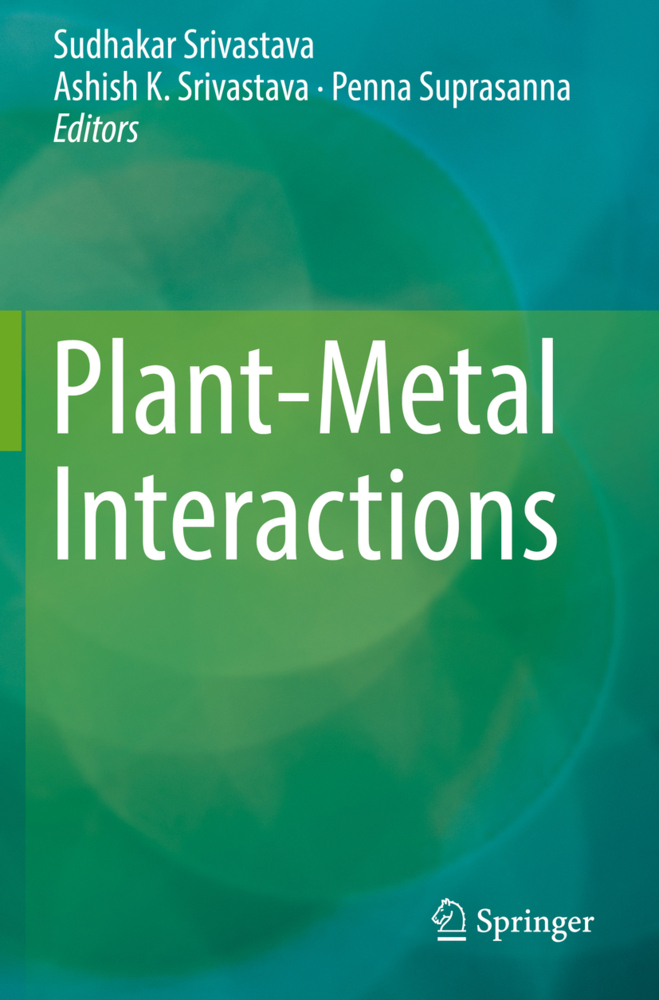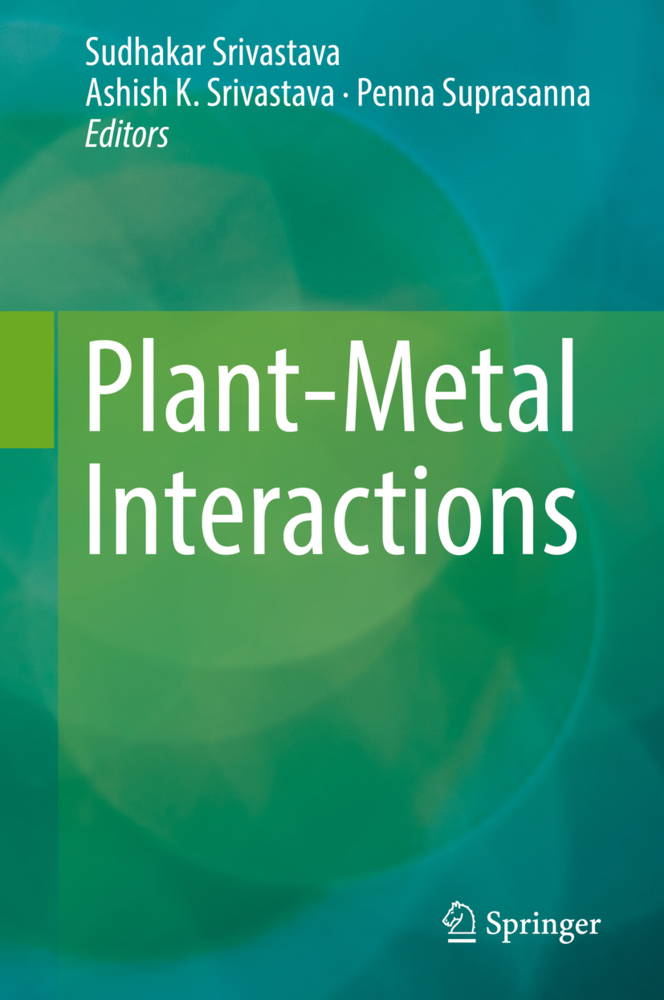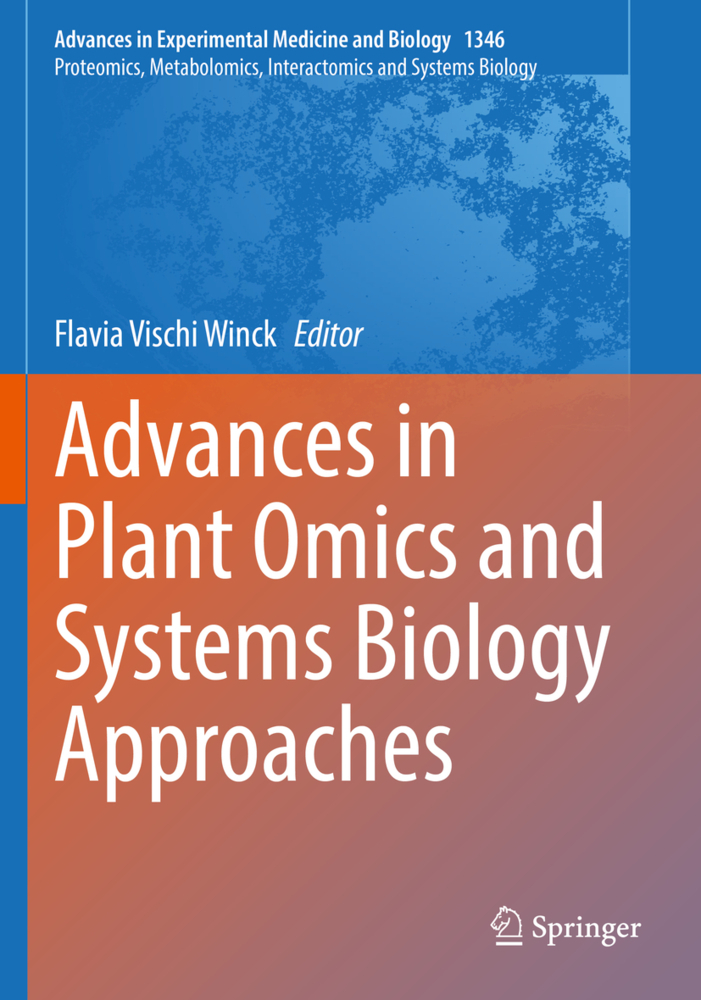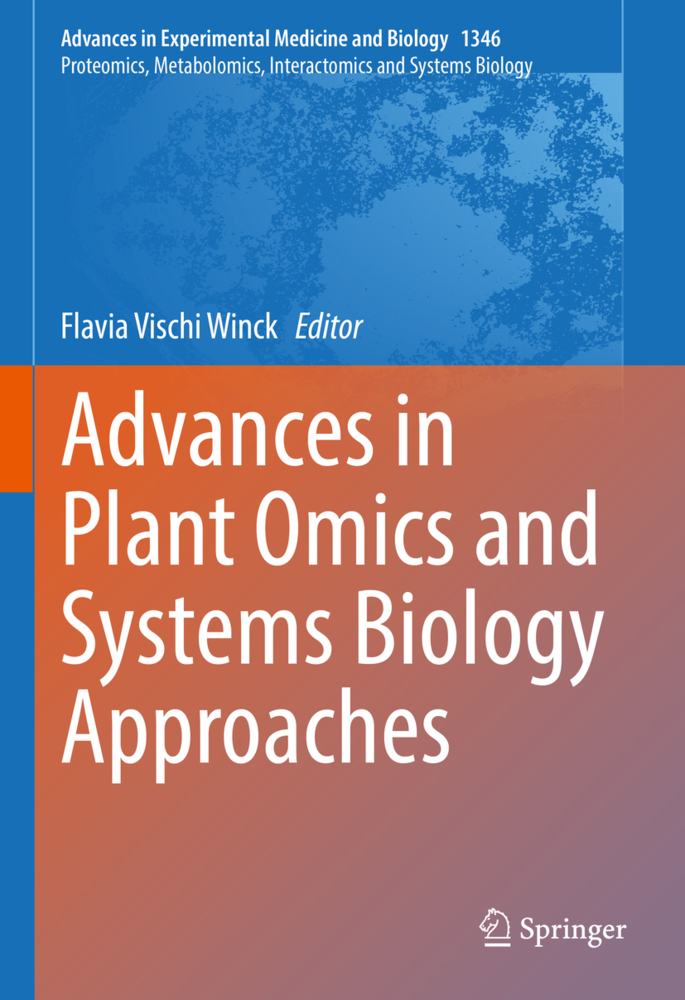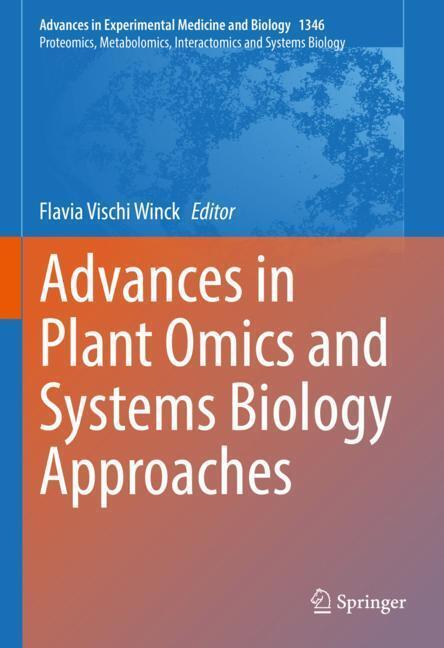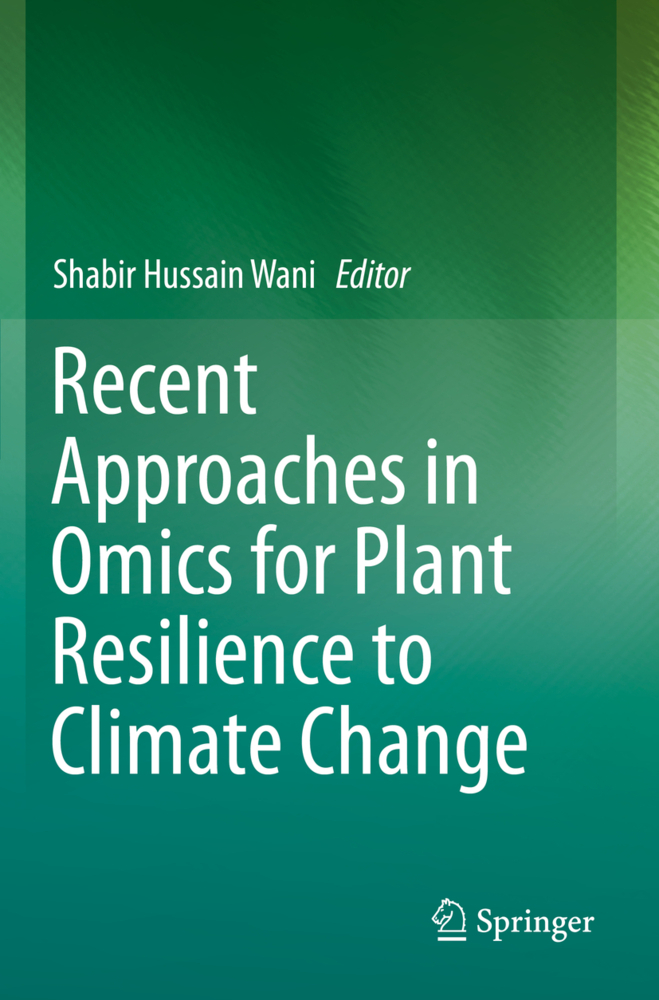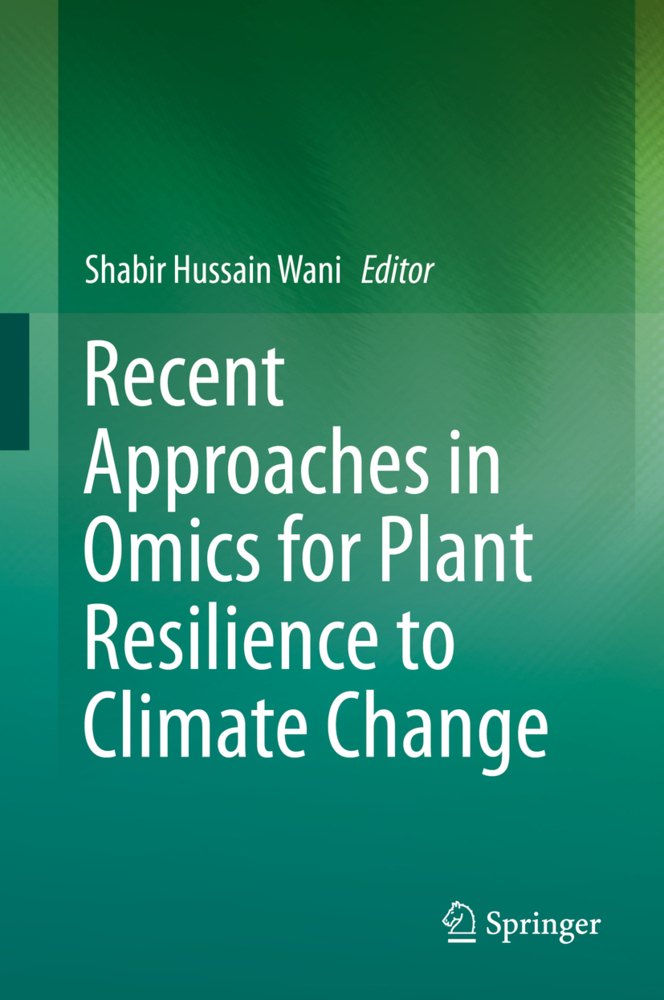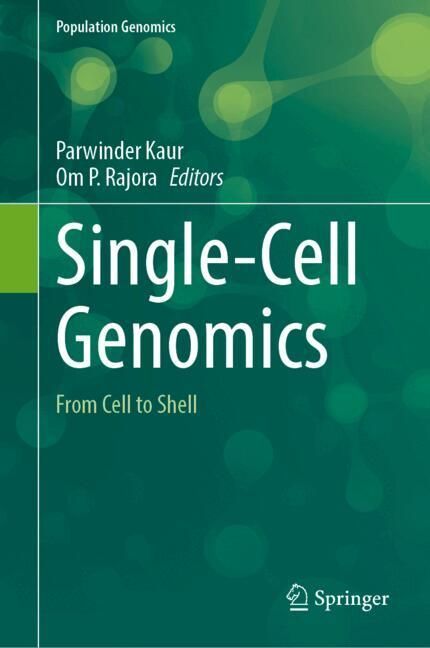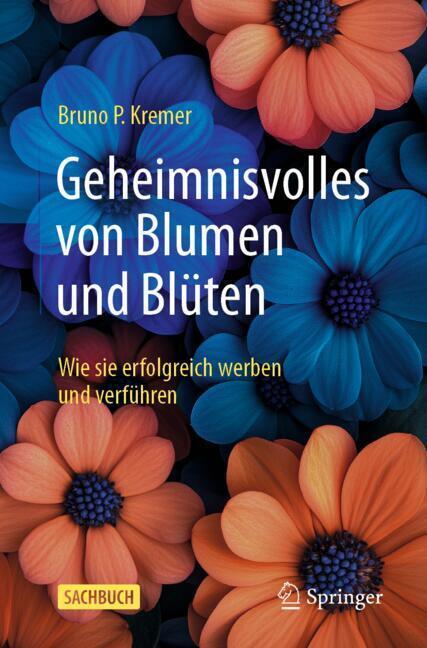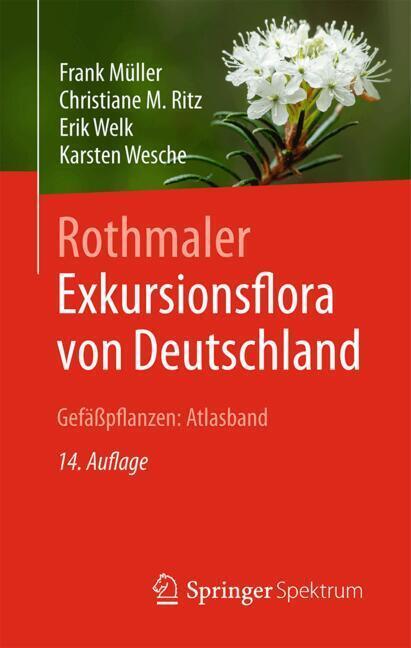Plant-Metal Interactions
Plant-Metal Interactions
Metal toxicity and deficiency are both common abiotic problems faced by plants. While metal contamination around the world is a critical issue, the bioavailability of some essential metals like zinc (Zn) and selenium (Se) can be seriously low in other locations. The list of metals spread in high concentrations in soil, water and air includes several toxic as well as essential elements, such as arsenic (As), cadmium (Cd), chromium (Cr), aluminum (Al), and selenium (Se). The problems for some metals are geographically confined, while for others, they are widespread. For instance, arsenic is an important toxic metalloid whose contamination in Southeast Asia and other parts of world is well documented. Its threats to human health via food consumption have generated immense interest in understanding plants' responses to arsenic stress.
Metals constitute crucial components of key enzymes and proteins in plants. They are important for the proper growth and development of plants. In turn, plants serve as sources of essential elements for humans and animals. Studies of their physiological effects on plants metabolism have led to the identification of crucial genes and proteins controlling metal uptake and transport, as well as the sensing and signaling of metal stresses. Plant-Metal Interactions sheds light on the latest development and research in analytical biology with respect to plant physiology. More importantly, it showcases the positive and negative impacts of metals on crop plants growth and productivity.
1. An integrated transcriptomic,proteomic and metabolomic approach to unravel the molecular mechanisms of metal stress tolerance in plants
2. Molecular mechanisms and signaling response of heavy metal stress tolerance in plants3. Metabolome modulation during arsenic stress in plants
4. Arsenic transport, metabolism in plants
5. Selenium plant interactions and underlying responses
6. Aluminum tolerance in plants- an overview
7. Cadmium (Cd): An emerging regulatory metal with critical role in cell signalling and plant morphogenesis
8. Hyperaccumulators versus non-accumulators unravel novel mechanisms of metal tolerance
9. Toxic versus essential metal interactions
10. Microbes in the rescue of plants against metal stresses: Identification of underlying mechanisms
11. Analysis of halophytes and phytoremediation of heavy metal contaminated soils
12. Arbuscular mycorrhiza and plant chromium tolerance
13. Metals, crops and agricultural productivity: Impact of metals on crop loss
14. Heavy metal toxicity and plant productivity: Role of metal scavengers
15. Plant mediated synthesis of nano-materials for environmental remediation.
Srivastava, Sudhakar
Srivastava, Ashish K.
Suprasanna, Penna
| ISBN | 978-3-030-20734-2 |
|---|---|
| Artikelnummer | 9783030207342 |
| Medientyp | Buch |
| Copyrightjahr | 2020 |
| Verlag | Springer, Berlin |
| Umfang | XV, 316 Seiten |
| Abbildungen | XV, 316 p. 28 illus., 25 illus. in color. |
| Sprache | Englisch |

